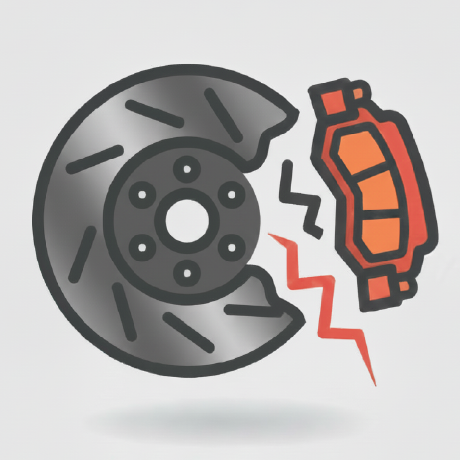Discover and explore top open-source AI tools and projects—updated daily.
Claude-Code-Everything-You-Need-to-Know by  wesammustafa
wesammustafa
Command-line AI assistant for accelerated software development
Top 46.0% on SourcePulse
This repository serves as a comprehensive, all-in-one guide for mastering Claude Code, a command-line interface (CLI) tool that integrates Anthropic's Claude LLM into developer workflows. It targets developers seeking to enhance productivity by leveraging AI for coding tasks directly within their terminal. The guide covers setup, advanced prompt engineering, AI agents, hooks, workflows, and the Model Context Protocol (MCP), aiming to be the definitive resource for Claude mastery.
How It Works
Claude Code functions as a CLI application enabling developers to interact with Claude's LLM from their terminal. It provides context-aware assistance for coding, debugging, and explanation by accessing project files. Key architectural components include a robust AI agent system for specialized tasks, customizable hooks acting as programmable guardrails to control AI operations, and integration with the Model Context Protocol (MCP). MCP is an open standard designed to standardize AI-tool communication, addressing the N*M integration problem by enabling an N+M ecosystem where AI agents can fluently communicate with diverse tools and data sources.
Quick Start & Requirements
- Installation: The primary tool is
claudeCLI. MCP setup involves commands likeclaude mcp add playwright npx '@playwright/mcp@latest'. Installation of Obsidian is recommended for optimal document visualization. - Prerequisites: Python is required for hooks. MCP setup utilizes Node.js and
npx. Specific hardware requirements (e.g., GPU, CUDA) are not detailed. - Links:
- Claude Code Quickstart:
https://docs.anthropic.com/en/docs/claude-code/quickstart - Obsidian:
https://obsidian.md/ - MCP Documentation:
https://modelcontextprotocol.io/docs/getting-started/intro
- Claude Code Quickstart:
Highlighted Details
- Structured Workflows: Supports predefined methodologies like "Explore → Plan → Code → Commit," "Test-Driven Workflow," and "Visual Iteration" for systematic task execution.
- AI Agents & Sub-agents: Enables the creation of specialized AI agents and parallel sub-agent execution for focused, accelerated task completion.
- Customizable Hooks: Offers programmable checkpoints to intercept, validate, or modify AI actions (e.g., file modifications, tool usage) before execution, enhancing control and safety.
- Model Context Protocol (MCP): Facilitates seamless interoperability between AI agents and external tools/data sources, standardizing AI integration.
Maintenance & Community
The provided README does not detail specific maintainers, community channels (e.g., Discord, Slack), or a public roadmap. It primarily links to official Anthropic documentation and related projects.
Licensing & Compatibility
No explicit licensing information is provided within the README. Compatibility for commercial use or integration with closed-source projects is not specified.
Limitations & Caveats
The Claude Code Pro plan is limited to Claude Sonnet 4, excluding Opus 4, and has a token cap of approximately 44,000 per 5-hour period. Multiple concurrent sessions share this token allowance, potentially exhausting limits faster. Hooks execute arbitrary shell commands, necessitating careful security validation by the user.
1 month ago
Inactive

 githubnext
githubnext OrionStarAI
OrionStarAI ShepAlderson
ShepAlderson Linfee
Linfee jarrodwatts
jarrodwatts CloudAI-X
CloudAI-X breaking-brake
breaking-brake ChrisWiles
ChrisWiles glittercowboy
glittercowboy github
github AndyMik90
AndyMik90 affaan-m
affaan-m